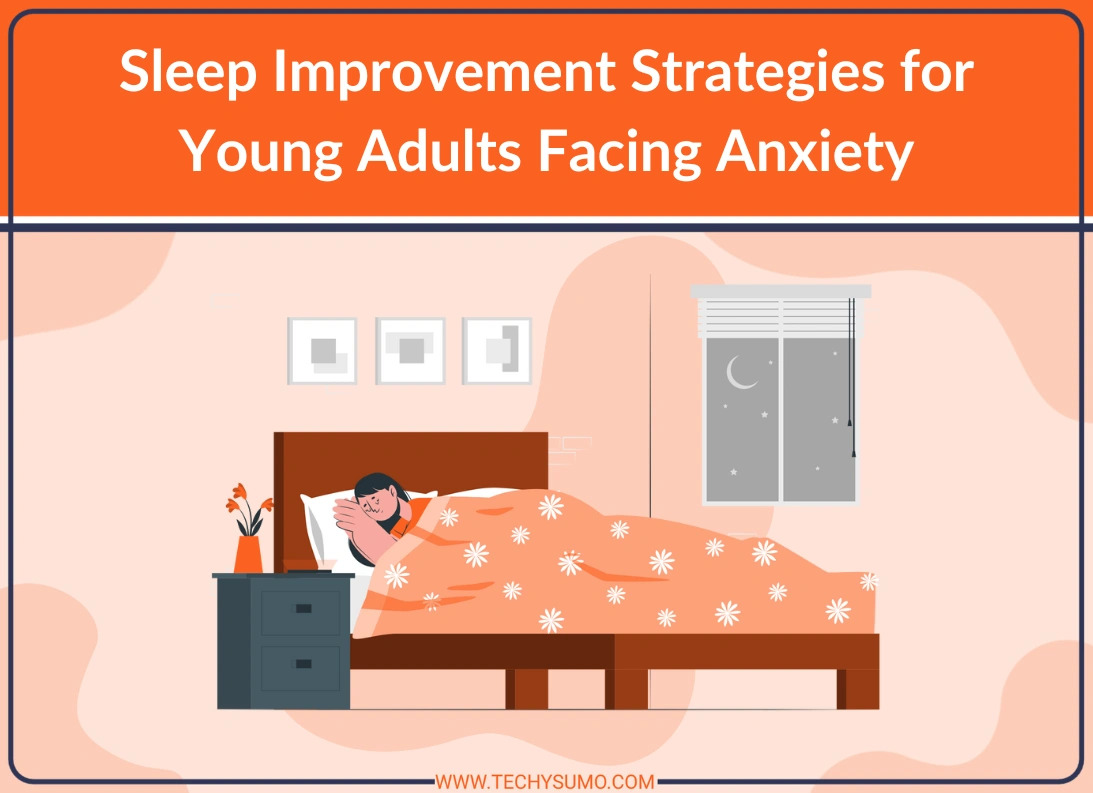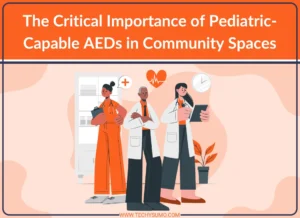Sleep must be the body’s own restart — a time when the mind slows down, feelings level out & energy is restored calmly. But to so many young adults, particularly those suffering from anxiety, sleep is just another source of anxiety. Rather than being a sanctuary, bedtime is more frequently spent on racing thoughts, restlessness & annoyance.
This conflict is not a fleeting phase. Ongoing disruptions in sleep can subtly affect concentration, mood, immunity & even relationship quality. It’s only to be expected then that becoming proficient at working with — not against — the body’s natural rhythm becomes a priority, especially when there is much required of individuals.
Table of Contents
- Why Anxiety Interferes with Sleep So Frequently
- What Makes Young Adults Particularly Vulnerable
- Strategies That Work
- What Not to Do (Gentle, Not Strict)
- How Sleep Fits into Emotional & Physical Health
- What If Anxiety Feels Too Heavy to Handle on Your Own?
- Last Thought: Sleep Is Not a Luxury — It’s a Reset
Why Anxiety Interferes with Sleep So Frequently
Anxiety never takes a day off. It doesn’t swing by with a clock. It doesn’t patiently wait for the weekend. For each of us, worrisome thoughts build speed when it’s quiet — particularly at night, when distractions are less & the mind is left to its own rhythm.
The vicious cycle is all too well known: one worry leads to the next. The body is maintained on edge, breathing shallow & sleep further and further away. Even when sleep finally arrives, it is broken or fitful, leaving the individual bleary-eyed before the day has properly started.
The nervous system remains in an enhanced state, and most of the time, the ability to get to deeper sleep stages is impossible. Over time, the brain becomes conditioned to associate bedtimes with tension rather than relaxation.
Also Read
What Makes Young Adults Particularly Vulnerable

Young adulthood often brings a mix of independence, uncertainty & transition. Whether it’s studying, working, exploring relationships or managing future goals — everything feels open-ended. That openness is exciting, but it can also be overwhelming.
The expectation to be productive, emotionally engaged & perpetually “on target” builds up a psychological load that doesn’t switch off so easily. In urban areas such as Jubilee Hills, where city life intersects with ambition alongside constant digital connectivity, sleep becomes the sacrifice. Social media scrolls run well past midnight, caffeine consumption levels rise & the body gradually loses connection with what actual sleep does feel like.
Anxiety here is not always a disorder. Occasionally it’s merely the body grumbling because it’s tired of being on red alert all the time.
Strategies That Work
It doesn’t require merely going to bed early to get better sleep with anxiety. It’s about gently conditioning the body & mind to associate rest with safety again. These strategies help to set that foundation:
Create a Wind-Down Window
Leaping from screens or work to bed seldom solves. The brain requires transition time. Providing 30–45 minutes prior to sleep to wind down — by gentle light, music, reading or simply slow breathing — instructs the nervous system that it is safe to let go.
Maintain Wake Time Consistency
Even if bedtime varies, waking up each morning at the same time stabilizes the circadian rhythm. Even on weekends, this rhythm produces stronger sleep signals over time.
Minimize the Stimulation Around You
Switch off the light an hour before sleeping. Avoid stimulating content. Replace endless scrolling with something calming. These environmental cues help the body naturally release melatonin — the sleep hormone.
Try Body-Based Grounding Techniques
Anxiety is stored in the body. Moves such as progressive muscle relaxation, stretching or simply applying a warm cloth on the chest can cause the tension to be released. These little rituals tell the body that it’s okay to relax.
Rearrange How Sleep Is Perceived
The necessity to “sleep now” sometimes proves counterproductive. Rather, rest in peace.
Even if sleep is a long distance away, lie down in a quiet place, with slow breathing & no feel of needing to get anything done, and it assists the body to go off track from waking state.
What Not to Do (Gentle, Not Strict)
Though habits are slow to modify, having knowledge of some of the most common sleep derailing factors can decrease obstacles in the way of good sleeping:
- Late consumption of caffeine or energy drinks: They might improve concentration for a short time but disrupt melatonin rhythms.
- Heavy dinner at bedtime: Digesting food keeps the body alert when it should be relaxing.
- Too much screen time: Blue light delays the release of sleep hormones naturally.
- Working or studying in bed: Distorts the brain’s sleep cues, obscuring the difference between rest and productivity.
None of these have to be done totally. But minor tweaks — even on a few nights a week — can create real changes.
How Sleep Fits into Emotional & Physical Health
Sleep is not all about energy. It has a central role in mood regulation, memory consolidation & hormonal regulation. Bad sleep increases sensitivity to emotion, making even slight stressors feel out of proportion. It also impacts cortisol levels — the body’s primary stress hormone — which in turn powers increased anxiety.
Anxiety & bad sleep are a vicious circle in the long term: bad sleep induces anxiety, which exacerbates bad sleep the following day. That’s why stopping the circle, even in a light fashion, is so important.
Sleep also affects intimacy & connection. Waking up refreshed enhances emotional presence, patience & even desire. Medical experts — including seasoned voices like a top sexologist doctor in Hyderabad — generally emphasize the ways better sleep can ease relationship stress, increase desire & benefit long-term mental health.
What If Anxiety Feels Too Heavy to Handle on Your Own?
Anxiety occasionally is an expression of underlying emotional processes that cannot be worked out by changing one’s lifestyle alone. In these situations, professional help is not to be feared — it’s a struggle to comprehend the entire narrative.
Therapists, counselors, & mind-body specialists can assist in breaking down deeply ingrained habits that keep the mind stuck in circles at night. Caregivers such as top digital health platforms like Allo Health, one of India’s most trustworthy care companions, provide a safe space for young adults to explore emotional well-being without fear of judgment.
It’s not a matter of “fixing” sleep overnight — it’s a matter of building emotional safety over time, and then rest can return as a natural after-effect.
Last Thought: Sleep Is Not a Luxury — It’s a Reset
Sleep should not be tamed at the end of a difficult day or forced into a strict routine. It’s the body repairing, rebalancing & rewinding to unwind. For stressed young adults, recovering sleep is not merely about improved mornings — it’s about allowing the nervous system to wind down & feel secure once again.
With a bit of regular fine-tuning & solid support, the sleep dynamic can be transferred from tense to serene. One night at a time.






